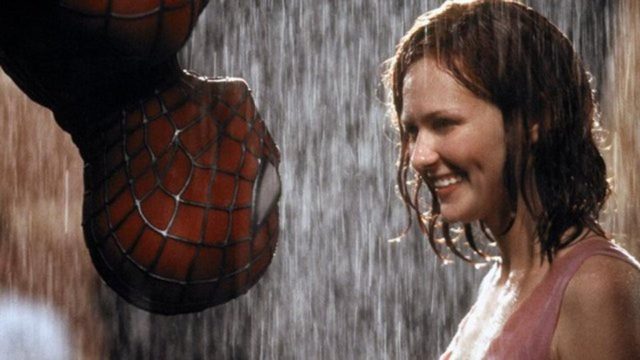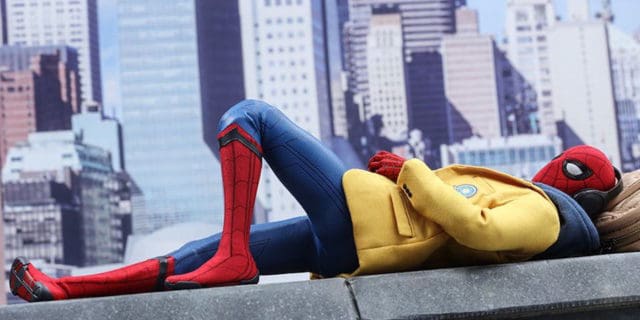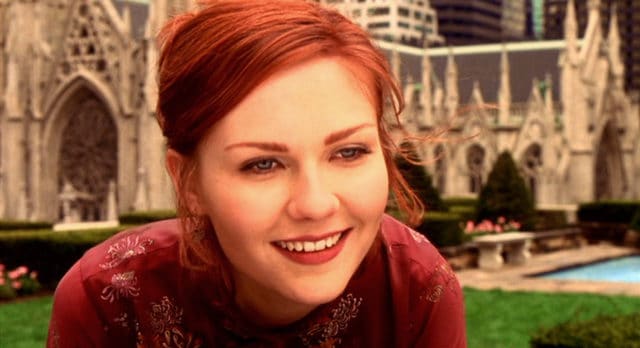
No new movie is without its critics. And in this age of rapidly rebooted franchises, those criticisms now frequently come from those involved with the movie the first time around.
Although Spider-Man as a film property is only in its second decade of existence, the series is officially on its second reboot. After Sam Raimi’s Spider-Man 4 fell through at Sony, the franchise was quickly and cynically remade so that Sony could preserve their hold over the character’s movie rights (which, if they had done nothing, would have reverted back to Marvel Studios after a couple of years). The result, The Amazing Spider-Man franchise, wasn’t well received, and Sony’s plans for a broader shared cinematic universe were put on hold.

That’s when Marvel stepped in. After some fierce and admittedly confusing negotiations with the current movie rights holder, they struck an accord that mutually benefited both parties. Put simply, Marvel got Spidey back and they brought him into the fold of their incredibly successful Marvel Cinematic Universe with last year’s Captain America: Civil War. The newly rebranded character then received his first solo outing with this Summer’s Spider-Man: Homecoming, which as far as I’m concerned is the wall-crawler’s best film to date.
Not everybody seems to think that that is the case, however. Kirsten Dunst, who played fan-favorite romantic lead Mary Jane Watson in Raimi’s original Spider-Man trilogy, had some harsh words for the latest Spidey flick. In a recent interview, she stated that:

“We made the best ones, so who cares? I’m like, “You make it all you want.” They’re just milking that cow for money. It’s so obvious. You know what I mean?’”
While everybody is certainly entitled to their opinion — and nobody’s exactly happy with how frequently Peter Parker’s been re-imagined for the big screen over such a short amount of time — the suggestion that these movies haven’t always been about making money is absolutely ludicrous. Marvel Comics wouldn’t have sold off the film rights in the first place if it wouldn’t have helped get them out of bankruptcy in the mid nineties. Sony wouldn’t have spend countless millions producing five movies — with two radically different creative teams — if it didn’t mean that they were going to make a return on their investment.

Sony wouldn’t have then short-changed the property back to Marvel Studios if it didn’t mean that they could off-set their diminishing returns with the franchise. And Marvel certainly wouldn’t have worked out such a complicated deal with them if it wouldn’t translate into more people buying tickets for their next superheroic blockbuster.
This is a film industry, where studios belt tens — if not hundreds — of millions of dollars on the potential for making many times that amount back when people see the movie in theaters. With the exception of low-budget indie flicks, nobody’s bankrolling a movie that they don’t expect to turn a profit on.

Tom Holland, the actor to most recently play Spider-Man on the big screen, also disagrees with Dunst’s assertions, although for a very different reason. Rather than focusing on dollars and cents, he reflected on his own motivations for portraying a character with such a long (and admittedly spotty) history in film:
“You know, she’s entitled to her own opinion and I’m not one to judge at all. I definitely am not doing this movie for the money. I mean, it’s a job that I think anyone would do regardless of what you were getting paid, you know? All I know is I had the greatest time on this movie and I absolutely loved it and, you know, if she doesn’t want to go and see it, I don’t really care. I don’t dislike her in any way for what she said and she’s entitled to her own opinion, so it’s all cool.”

While I doubt that the windfall of cash that the young actor earned for playing the role was certainly a consideration, this character means so much to so many people — myself included — that it was always inevitable for him to find his way back to theaters in one form or another. Sure, this means more money for more studio executives, but that’s only because people care about him enough in the first place to warrant that kind of investment.
Aunt May, Peter Parker Uncle Ben — even legacy characters like Miles Morales — all mean something: something a lot more than a series of digits after a dollar sign. And that’s a lot bigger than just one film franchise.
 Follow Us
Follow Us





